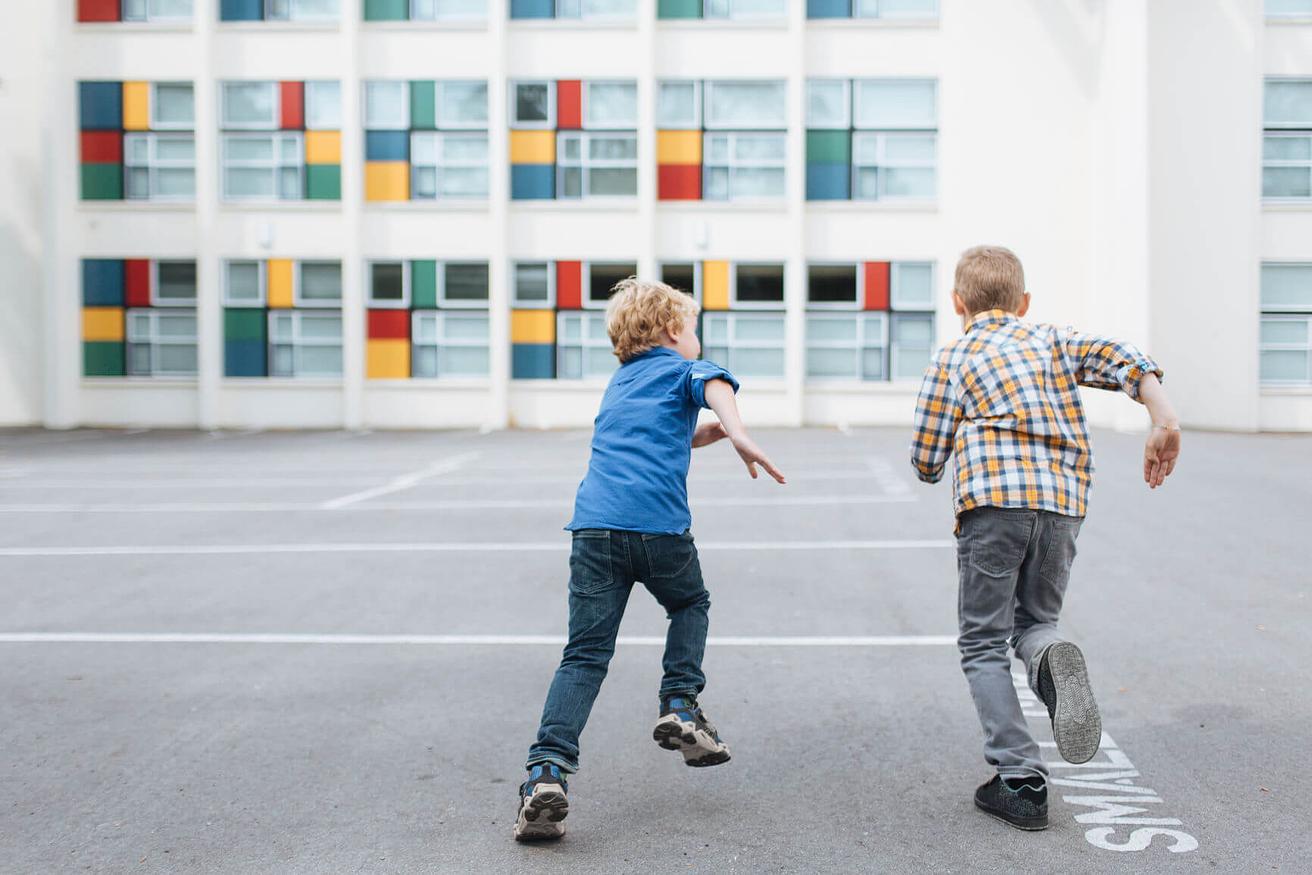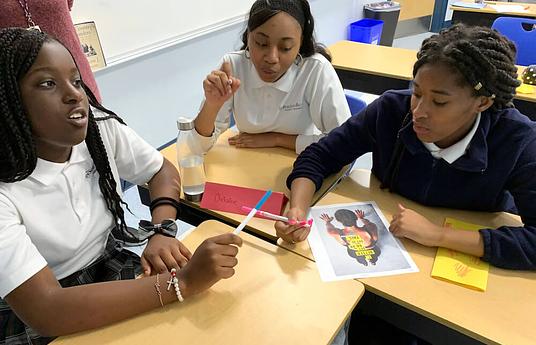While we can all agree on the need to develop well rounded children, traditional education models have often narrowed the measure of a child’s development to test scores. More people however are awakening to the realisation that children require a more holistic approach to their development, with emphasis on holistic wellness or wellbeing, which the World Health Organisation (WHO) describes as “a state of complete physical, mental and social well-being.” In addition to helping children uncover and maximise their own potential, children must also be armed with the tools that enable growth in all areas of their development including their mental, emotional, social and physical wellbeing.
The world is radically changing, and today’s students face a host of challenges that may not have been as prevalent say, even 20 years ago. While, for instance, the rise of information technology and use of smart devices has allowed for wider access to education and innovative delivery models, the over-use of technological devices has also been linked to mental health issues and negative effects in children’s social development.
Addictions and mental illness are also becoming more prevalent among students, with (WHO) reporting a percentage of 10-20% of children and adolescents who are experiencing mental health disorders worldwide. Physical health as well as social emotional skills also play a significant role in both a child’s personal development and academic achievement. If we want to develop children who are equipped to not only survive, but rather flourish in today’s world, we must be intentional in creating educational environments that promote their wellness and growth in its entirety, and not only individual aspects of their human experience.
The great news is that we are beginning to see more and more innovations around the world which are taking a more holistic approach to education with examples from all over the world which have not only proven to bring significant positive impact in children’s lives but are also spreading to different classrooms, schools and across wider geographical regions.
In a recent interview with Vishal Talreja, co-founder of Dream a Dream, selected for the HundrED 2019 & HundrED 2020 Global Collections, discussed how far the conversation has progressed in the last 15 years
Dream a Dream Life Skills Assessment Scale is a useful measuring tool to quantify the impact of socio-emotional learning. This assessment tool was designed as a simple observation based scale to be used by a facilitator of life skills programmes. The scale assesses 5 core life skills – a) Ability to take initiative b) Ability to interact with one another c) Ability to solve problems d) Ability to manage conflict e) Ability to understand and follow instructions using a 5-point Likert scale. A much-needed resource to evaluate skills that are not as obvious.
In that same vein, as socio-emotional learning is a foundational skill, this starts at home, before the child even enters a school. Dost education, an innovation-based in New Delhi & San Francisco, focuses on parents. An essential stakeholder in child development that is often overlooked. Dost Education empowers aspiring middle-income parents in India to improve their child’s early development and school success. Through widely available mobile technology, Dost, which means “friend” in Hindi, delivers local language curriculum and a communication platform to arm parents with the knowledge and resources they crave.
On the other side of the world in London and Los Angeles is MindUP, currently being used in 9 countries, with plans to continue to spread. The MindUP curriculum is a 15-lesson series published by Scholastic and is based on the four pillars: neuroscience, social-emotional learning, positive psychology, and mindful awareness. Coupled with formal professional development in the program, MindUP allows students to build a scaffolding of awareness and self-regulation that will increase self-control, empathy, optimism, and academic goals. MindUP is making socio-emotional learning accessible and easy to implement in schools by equipping teachers with the resources to share with their students.
As technology becomes more and more present, it’s time we take a better look at how this is affecting the wellbeing of our children. With the introduction of social media, the technological landscape has dramatically shifted. We no longer understand the ramifications of growing up surrounded by social media. MEDIAGIRLS, an innovation selected for our recent spotlight on Digital Wellbeing in partnership with Supercell understands this and is proactively working to help girls navigate social media in a positive way. They have launched a cultural revolution in which girls discover their self-worth, think critically about sexist media, and harness the power of media for positive change.
Apple Schools from Canada are focusing on many facets of wellbeing by working with vulnerable school communities to change students' healthy eating, physical activity, and mental health habits to improve their quality of life. The initiatives are fun and excite students to move more, eat better, and be more mindful. While school staff and parents show guidance, the project's success ultimately relies on student leaders taking charge. An easy-to-implement initiative, that with the proper guidance, can be used in various schools and have a huge impact. Currently impacting 100,000 students with plans to impact more.
There are amazing initiatives happening that not only target student wellbeing, but teacher wellbeing as well. We are excited to start this month with a focus and continue the conversation on how to increase the wellbeing of our education community!
Find out more about the innovations selected for the HundrED 2020, here.






